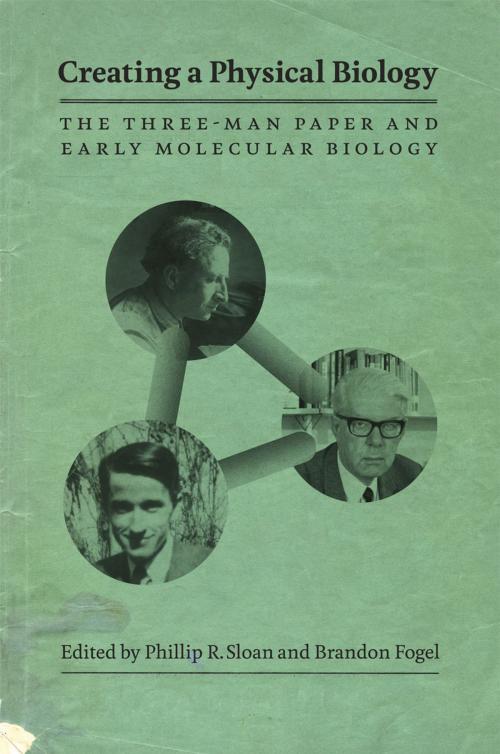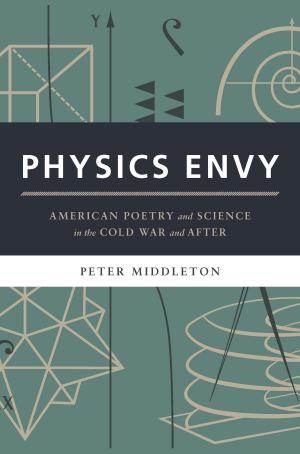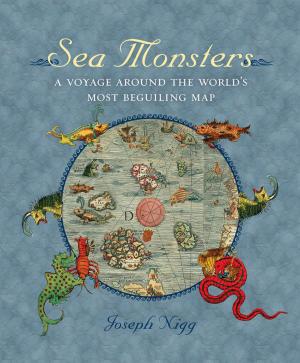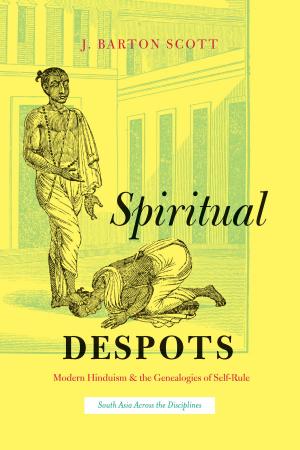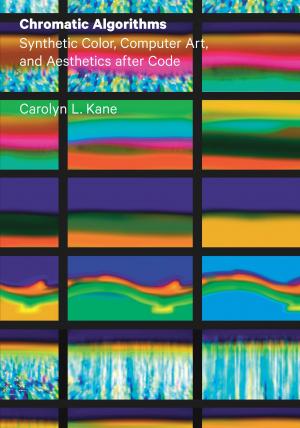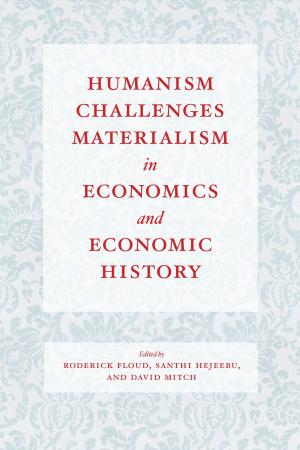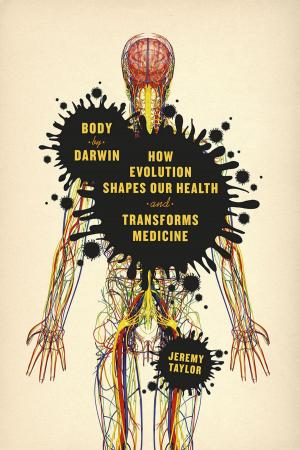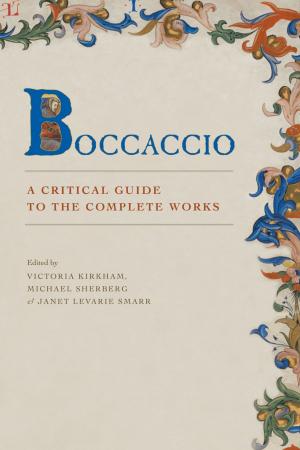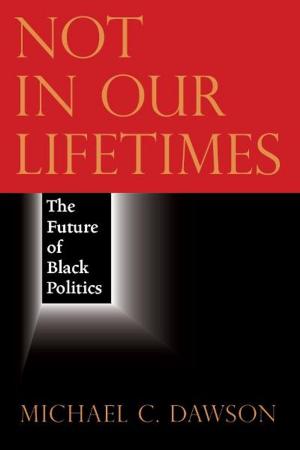Creating a Physical Biology
The Three-Man Paper and Early Molecular Biology
Nonfiction, Science & Nature, Science, Other Sciences, Molecular Biology, History| Author: | ISBN: | 9780226762777 | |
| Publisher: | University of Chicago Press | Publication: | December 1, 2011 |
| Imprint: | University of Chicago Press | Language: | English |
| Author: | |
| ISBN: | 9780226762777 |
| Publisher: | University of Chicago Press |
| Publication: | December 1, 2011 |
| Imprint: | University of Chicago Press |
| Language: | English |
In 1935 geneticist Nikolai Timoféeff-Ressovsky, radiation physicist Karl G. Zimmer, and quantum physicist Max Delbrück published “On the Nature of Gene Mutation and Gene Structure,” known subsequently as the “Three-Man Paper.” This seminal paper advanced work on the physical exploration of the structure of the gene through radiation physics and suggested ways in which physics could reveal definite information about gene structure, mutation, and action. Representing a new level of collaboration between physics and biology, it played an important role in the birth of the new field of molecular biology. The paper’s results were popularized for a wide audience in the What is Life? lectures of physicist Erwin Schrödinger in 1944.
Despite its historical impact on the biological sciences, the paper has remained largely inaccessible because it was only published in a short-lived German periodical. Creating a Physical Biology makes the Three Man Paper available in English for the first time. Brandon Fogel’s translation is accompanied by an introductory essay by Fogel and Phillip Sloan and a set of essays by leading historians and philosophers of biology that explore the context, contents, and subsequent influence of the paper, as well as its importance for the wider philosophical analysis of biological reductionism.
In 1935 geneticist Nikolai Timoféeff-Ressovsky, radiation physicist Karl G. Zimmer, and quantum physicist Max Delbrück published “On the Nature of Gene Mutation and Gene Structure,” known subsequently as the “Three-Man Paper.” This seminal paper advanced work on the physical exploration of the structure of the gene through radiation physics and suggested ways in which physics could reveal definite information about gene structure, mutation, and action. Representing a new level of collaboration between physics and biology, it played an important role in the birth of the new field of molecular biology. The paper’s results were popularized for a wide audience in the What is Life? lectures of physicist Erwin Schrödinger in 1944.
Despite its historical impact on the biological sciences, the paper has remained largely inaccessible because it was only published in a short-lived German periodical. Creating a Physical Biology makes the Three Man Paper available in English for the first time. Brandon Fogel’s translation is accompanied by an introductory essay by Fogel and Phillip Sloan and a set of essays by leading historians and philosophers of biology that explore the context, contents, and subsequent influence of the paper, as well as its importance for the wider philosophical analysis of biological reductionism.
